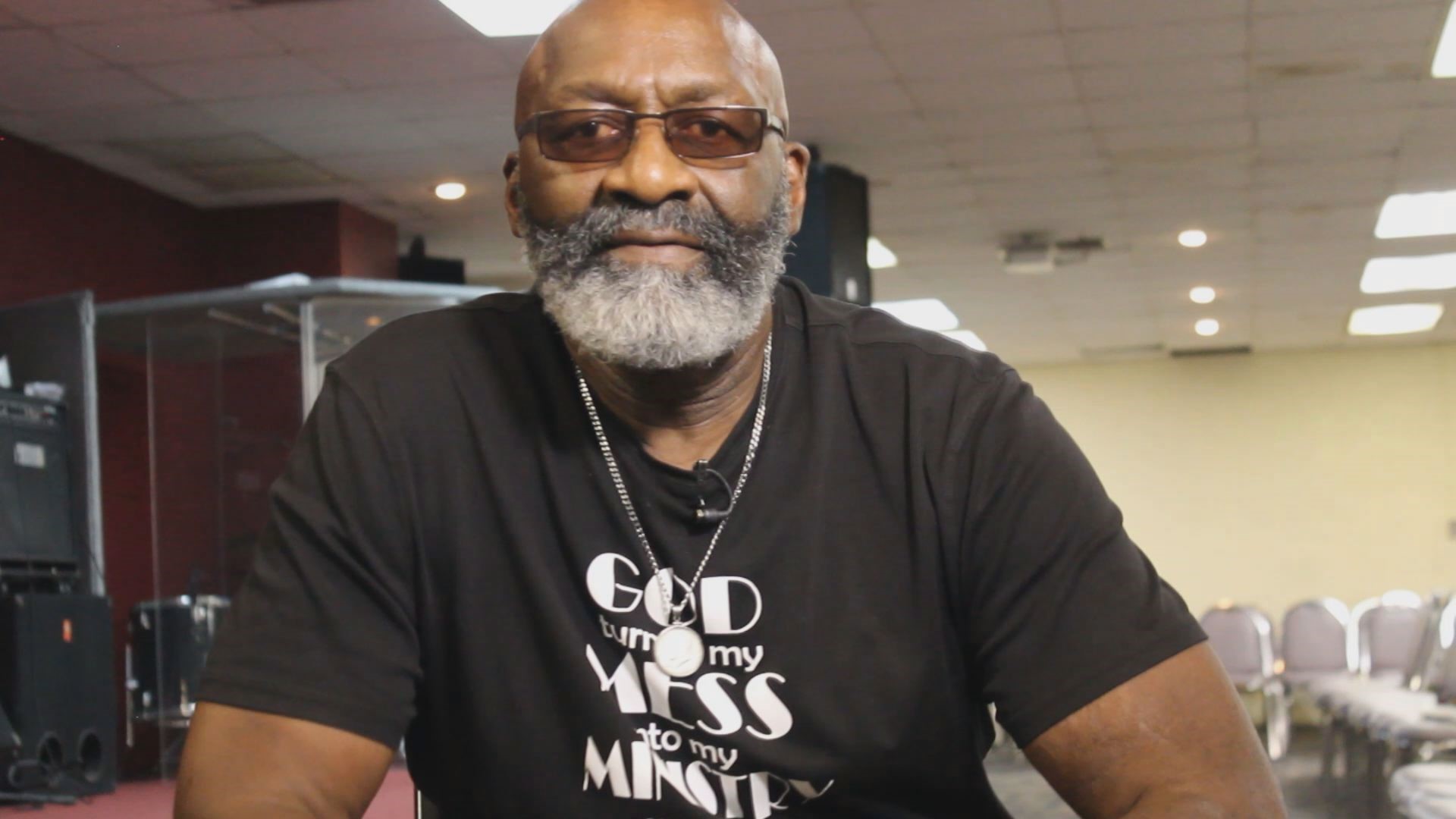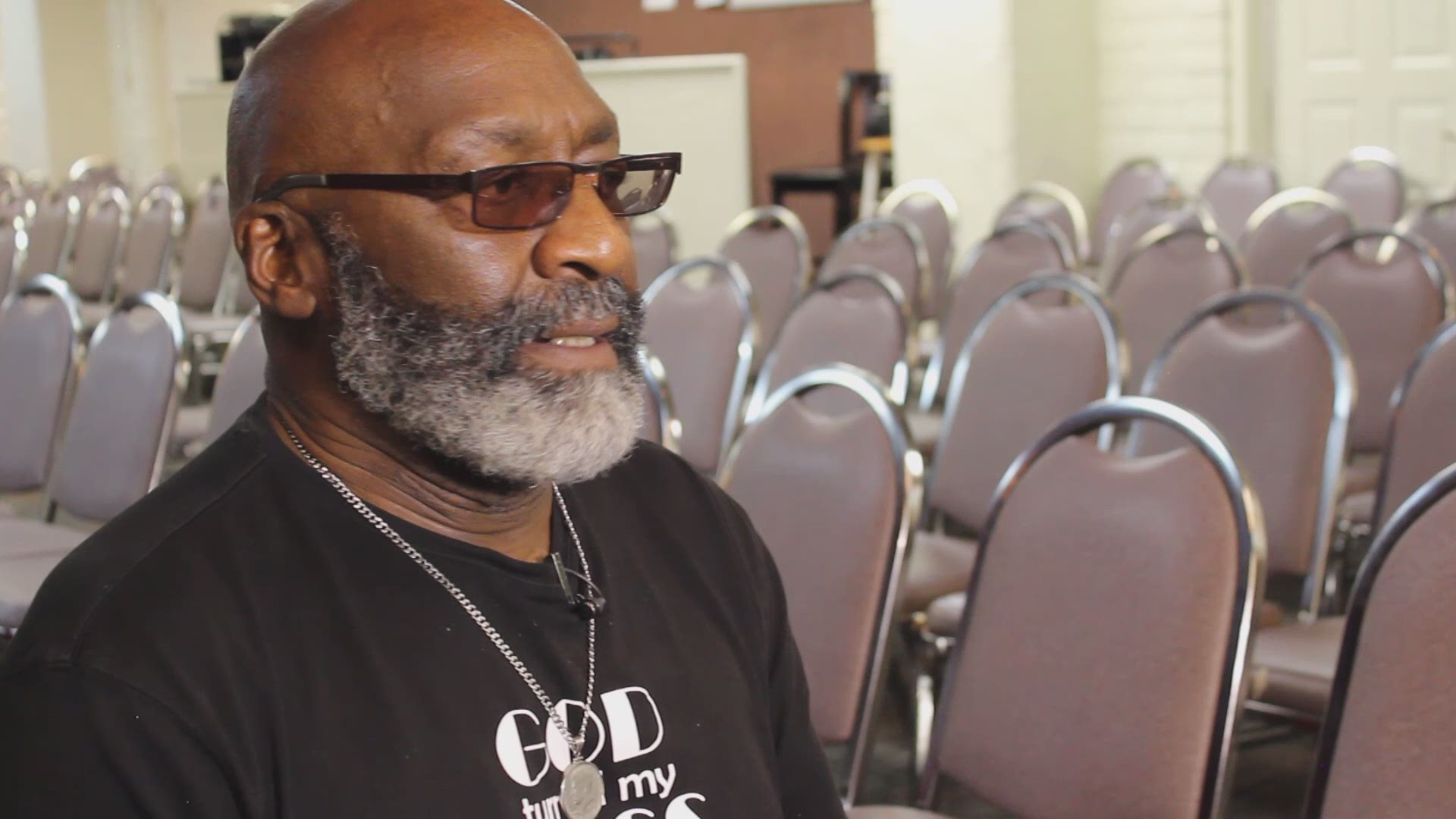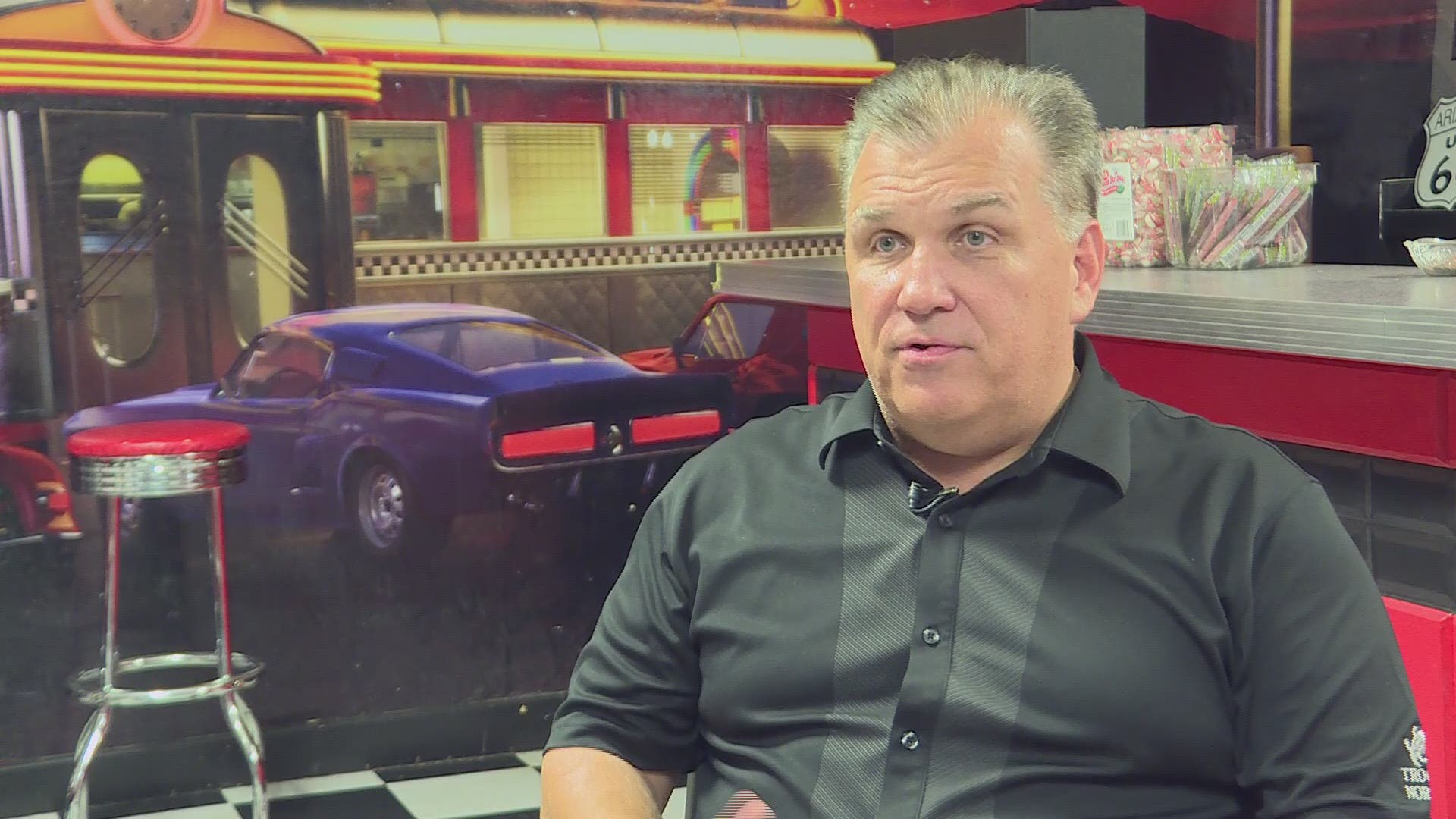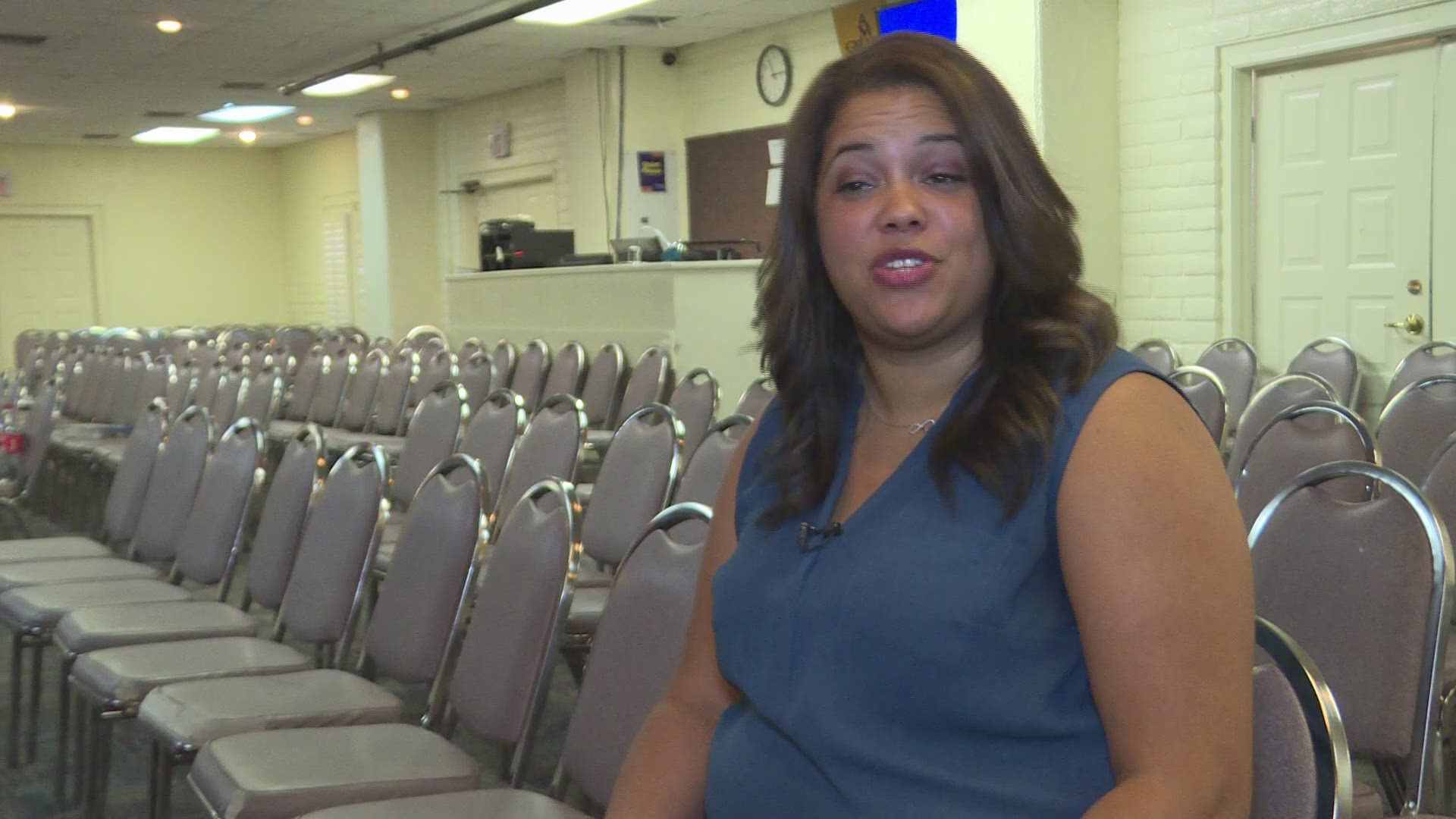PHOENIX - "You’ve got this name and you got all these accolades, the pats on the back and you don’t realize, it’s a setup."
For former Sun Devil great, J.D. Hill, athletics were a way to escape the pain of his childhood, and it drove him became a three-sport athlete in college.
It was football at Arizona State University where he shined the most, helping the Sun Devils to an undefeated season in 1970 and a win over North Carolina in the Peach Bowl.
ON YOUTUBE: 12 for 12: Former ASU great J.D. Hill
Shortly after, the wide receiver was drafted fourth overall by the Buffalo Bills.
“That in itself was amazing, to be considered that great of an athlete to where they would take me in the first round,” said Hill.
He had accomplished exactly what he set out to do. Hill became a Pro Bowl wide receiver who spent seven years in the league, but it was life after football when his life took a turn for the worst.
“I fell into some real deep problems. Wasn’t prepared to leave the league and I wanted everybody to still know my name. I ended up on drugs and ended up losing everything, I mean everything, except my life."
Hill describes one of the lowest points of his life in the video below.
"My true story is, I was walking and I began to say, 'Lord if you don’t get me out of here, I’m not going to make it."
It was the selfless act of a stranger, a Phoenix businessman named John Libby, that would change his life once again.
“John Libby decided to drive me to L.A. from Phoenix and gave me a ride to the L.A. Dream Center, 17,18 years ago and I haven’t been back. "
“I was being obedient, I knew I was supposed to take him out to the Dream Center," said Libby. "I actually stayed an extra few days and watched and made sure he stayed there. What’s been amazing ever since is not so much that experience, it’s what’s happened since then.”
“My life has totally changed and that’s why I do the things that I do today," Hill added. "If I can keep any young man, young lady from going down the path I went down, I'm going to do it. That’s my life today, encouraging people not to get involved."
When he speaks to young men, women and athletes, he always asked one question.
"How do you want to be remembered? How are people going to remember you?"
"People might remember me for my great athletic accomplishments, but also they’re going to remember the struggles I went through and how I overcame. I do want to be remembered for my overcoming."
For more information on the Phoenix Dream Center, you can click the link here, or watch the video below.




